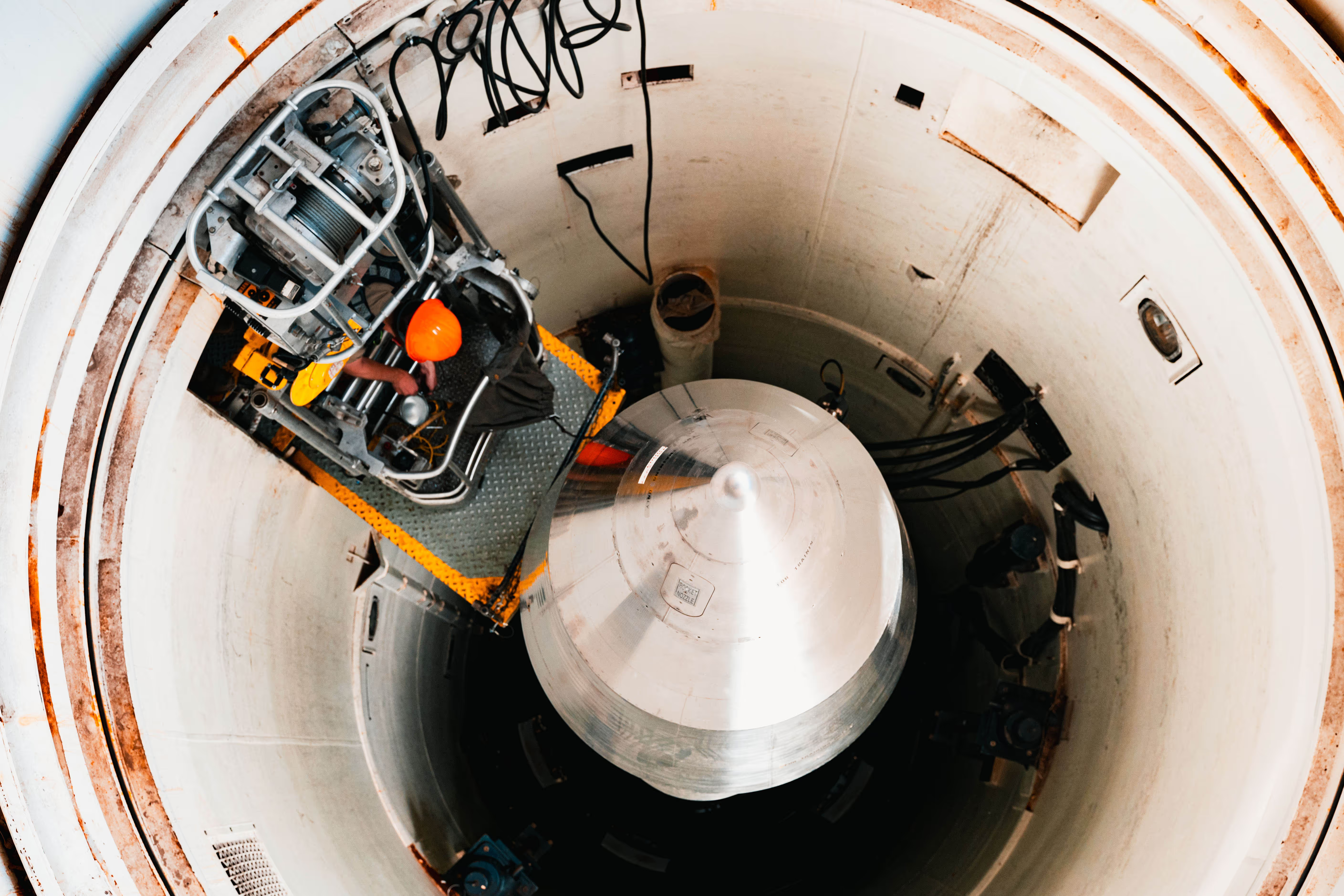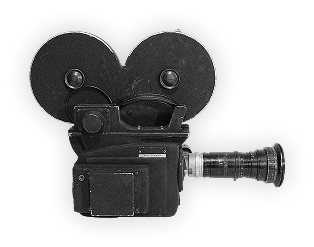Just like old times.



From tariffs to soybeans to TikTok, tensions with China seem to cool after the president's tour of Asia this week.
Dig Deeper
One day after President Trump and President Xi met in South Korea, Secretary Hegseth told his counterpart the U.S. will "stoutly defend its interests" in the region. More from The Hill.
The secretary is expected to announce changes next week to the department's arms-sale office to accelerate production.


While good news for families, the move likely prolongs the shutdown stalemate.
A memo made public Tuesday makes it easier for managers to justify firing underperforming employees.
There are stirrings from within the PLA for a more Western-style framework for command and control.
Dave Deptula, dean of the Mitchell Institute, said even the ambitious goals in the report aren’t enough for current needs.
A memo from OUSD(R&E) clarifies that ongoing Phase III awards can continue pulling from prior-year spending.
The strategy document reorients the Marines for large-scale conflict in contested environments (read: China).
A review of research papers, patents and procurement records shows a systematic effort by China to use AI for military advantage.
A memo from Oct. 8 sets a goal of Jan. 1, 2026 for the forces to be "operational."
Rep. Pat Fallon argues for a zero-trust policy framework for the Golden Dome program.


It remains unclear if the president meant the warheads themselves or the vehicles that carry them.
Dig Deeper
Russia announced the testing of a nuclear-capable underwater drone this week. Read more from Defense Post. And see why NATO needs a nuclear strategy from Defense News.
Why you should read The MC Post every Saturday morning.
We’re bringing back the familiar comfort of unfolding the weekend newspaper and catching up on the headlines, without the tacky popups, scammy ads, or bait-and-switch paywalls that you’ve come to know and hate. In a world racing toward AI-generated content, the MC Post is curated by people for people. Brought to you by Mission Cultivate—the free networking platform for defense and national security pros.
Happening on MC
If you're not on Mission Cultivate, here's what you're missing.
Opportunities
Event Conversations
More In Depth
The change "constitutes a fundamental reimagining of how a major power harnesses its entire technological base ..."
Amid continued kinetic operations, explore potential scenarios for a potential Maduro ouster.


The Army anticipates additional resources for its recently announced FUZE initiative, described as the “new cradle-to-grave capital funding model.”


A panel of experts examine how China may or may not employ AI in a military context, as well as how the US is reacting.
Editor's Notes
“China is a sleeping giant. Let her sleep, for when she wakes she will move the world.” The quote is often attributed (without evidence) to Napoleon Bonaparte, perhaps to add some historical heft to the longstanding anxieties about the region. With a quick skim of the headlines in this week’s edition, that sentiment sure feels at least metaphorically true—like a small movement from a sleeping giant stirred the world. Everything for a moment is China. Does an easing of trade tensions also mean an easing of military tensions? How will China leverage people’s data to employ AI? What’s the latest with their sixth-gen fighter? We have grown used to headlines about Ukraine and the Middle East and Venezuela, and while all that is still happening, China has come sharply back into focus this week.
The timing is interesting. The Pentagon is preparing to release its updated National Defense Strategy that it said back in May will “will prioritize defense of the U.S. homeland”. While it sees competition with China as part of that paradigm, putting homeland defense at the top would be an undeniable shift away from strategic competition that stands in stark contrast to the gravitas of China’s presence felt this week.
One article I selected for this edition gives me pause: the Defense News piece about potential changes to China’s command and control structure, with some pushing for a more Western-style framework of mission command (read: less centralized). I have always felt our military’s doctrinal centralized control, decentralized execution model has been our asymmetric advantage. I am by no means an expert of China, but at least for now, color me skeptical that the PLA can overcome the huge cultural uphill climb such a change would present.
Talking to our adversaries is good new. Period. But this week also reminds us that the work of the government matters on a global scale, and the longer the shutdown goes, the less it can do that important work. While news the DoD found a way to pay the troops this pay period was welcomed, I have to think we are only kicking the can down the road yet again. When we do all get back to normal, whether you wear a uniform, make the requirements, or build the tech, it seems strategic competition isn’t going anywhere for now.
Happy reading,
| Beau Downey, Editor
The views represented in this commentary are my own and do not constitute endorsement by the Department of Defense or the US Government.
Continue Reading
Find the others.
Mission Cultivate is the free, discreet networking platform only for Defense and NatSec pros. Join the conversations that matter, engage whole communities, and surface opportunities early with MC.
See Mission CultivateHeads up: MC is only for verified users in Defense/War & NatSec. Users include gov, industry, academia, vc, and more. Only available to US, NATO, or select major US allies.


